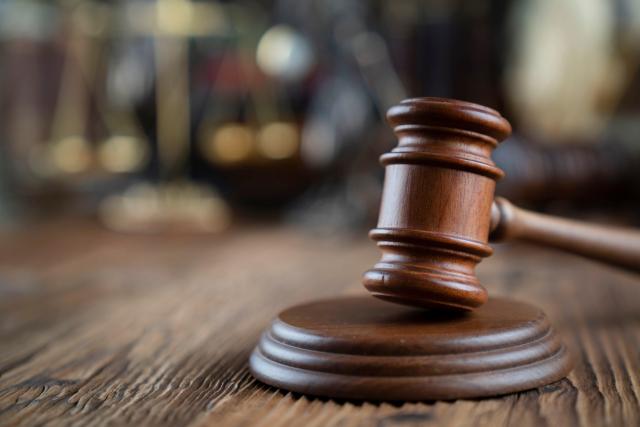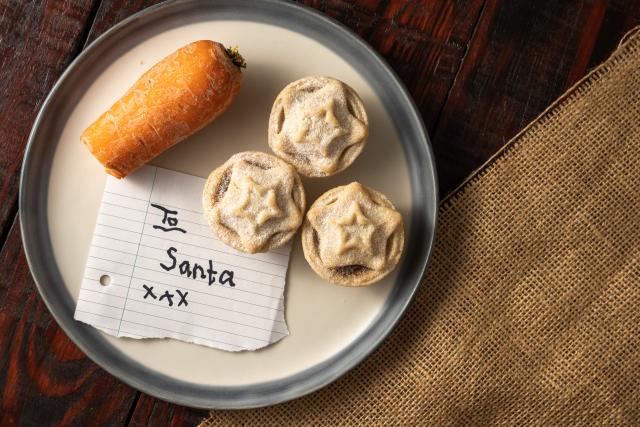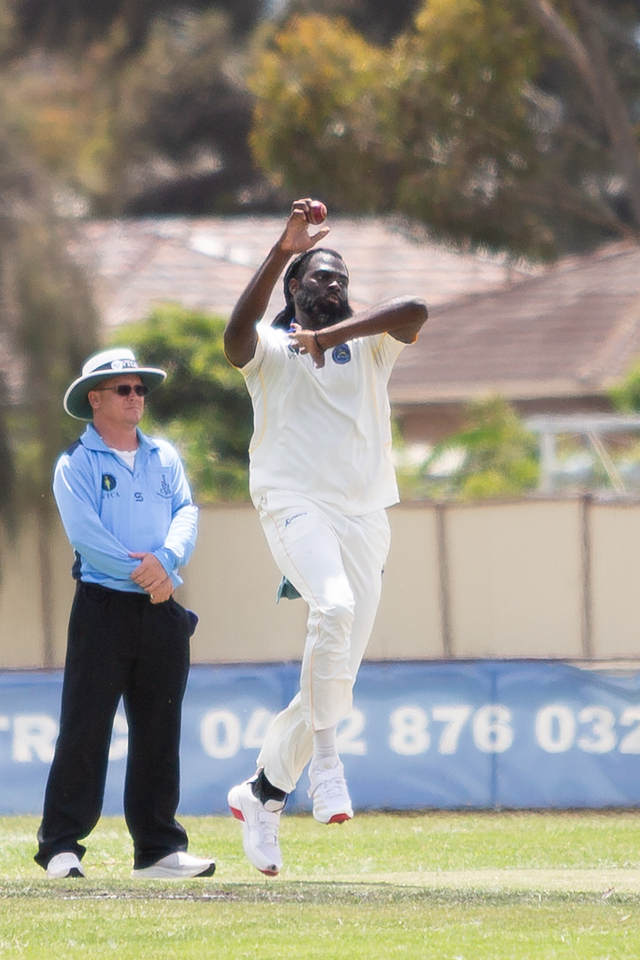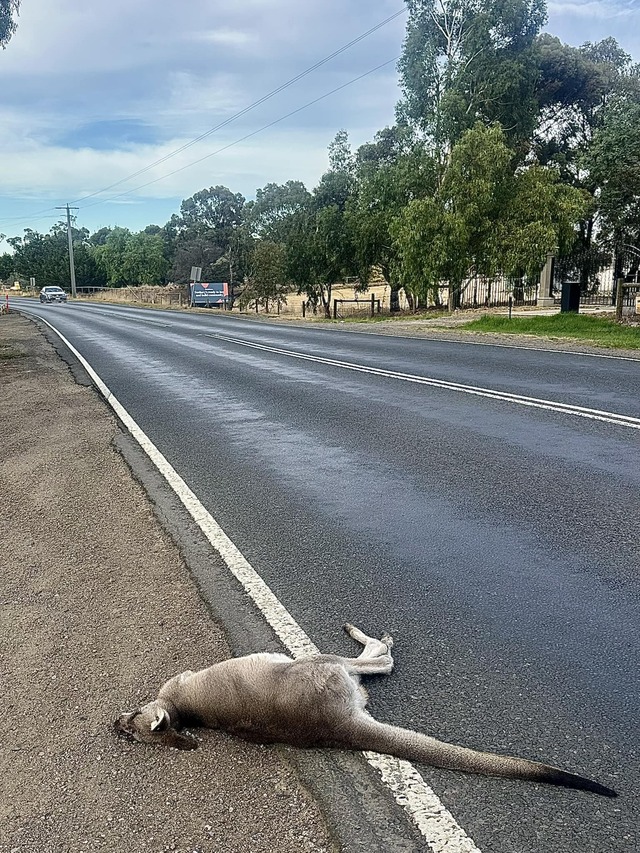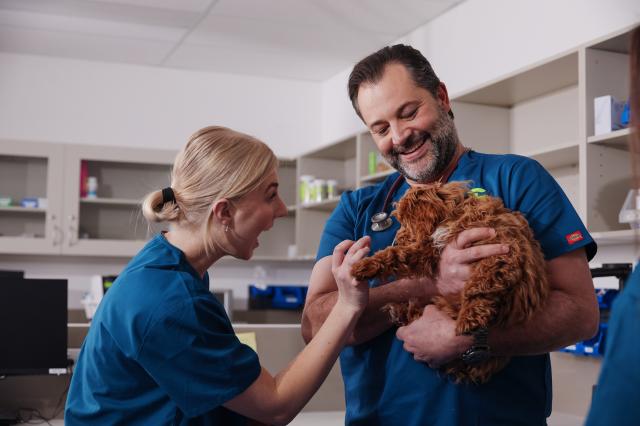A ground-breaking trial over the fairness of the Catholic Church’s settlements for historical child sexual abuse cases has been delayed by argument over legal privilege.
The case, set down to begin in the South Australian Supreme Court this week, centres on the actions of former Salesian brother Gregory Vincent Coffey at St Mark’s College in Port Pirie in the early 1970s.
He had changed his name from Brother Coffin and fled to South Australia after earlier allegations of child abuse in the late 1960s at the Salesian College Rupertswood in the regional Victorian town of Sunbury.
In the lead case of a class action brought by 11 former students, a now 66-year-old victim claims $40,000 in compensation paid by the Catholic Church in 2002 was inadequate.
The new compensation claim is made possible by legislation that took effect in August, prompted by the Royal Commission into Institutional Responses to Child Sexual Abuse.
The Salesian order is the second largest order in the Catholic church and is focused on helping young people build better futures through educational and vocational training.
Coffey had been at St Mark’s a single year.
He had c hanged his name from Brother Coffin and fled to South Australia after earlier allegations of child abuse in the late 1960s at the Salesian College Rupertswood in the regional Victorian town of Sunbury.
David Campbell SC, for the victim, told Justice Sandi McDonald the boys at Port Pirie were aged 11 to 14 when they were abused.
“The allegation is they were abused sexually,” Mr Campbell said.
The Salesian order in Australia knew of Coffey’s offending when it moved him to St Mark’s from Victoria, Mr Campbell said.
It had let “Coffey loose on the boys” in 1971, he said.
Key evidence from then colleagues describing Coffey being in bed with students at Sunbury was not included in documents provided by the order in preparation for the trial, Mr Campbell said.
He said its legal team had claimed legal professional privilege.
“That interview is not tabled in the documents.”
Mr Campbell said the evidence formed a key part of the allegation s against the Salesian order, that it had acted negligently by exposing the boys in Port Pirie when it knew of his prior behaviour.
He said the case at all material times the defendant knew there was a risk and Coffey “sexually, physically and emotionally abused the plaintiff”.
Salesians counsel Andrew Harris QC said while details of the privileged document were generally known, Justice McDonald should not read them.
Mr Harris said the documents had been revealed without the order’s knowledge during a separate action regarding Coffey in the Supreme Court of Victoria and the Salesians maintained their right to legal professional privilege.
Coffey returned to Victoria from South Australia, was eventually appointed principal at Immaculate Heart College in Melbourne, becoming the subject of further civil and criminal proceedings in that state.
Justice McDonald sealed the documents in an envelope while the issue of privilege is settled.
The trial, slated to start this week will now start on Monday, p ending further legal argument and amendments to legal documentation.
Coffey also faced criminal charges in South Australia over his time at St Mark’s but died before they reached court.

